Why does nothing get done about gun control? The reasons Obama cannot change US infatuation with firearms
Barack Obama said thoughts and prayers were 'not enough' after the latest massacre but his attempts at reforming gun laws have failed

Barack Obama made no attempt to hide his anger at US gun laws in the wake of the latest mass shooting at Umpqua Community College.
The US President gave a speech from the White House saying that thoughts and prayers were “not enough” to stop the successive rounds of carnage that have become “routine”.
Saying there was a gun for roughly every man, woman and child in America, Mr Obama cited the UK and Australia as examples of countries that have responded to shooting massacres with effective gun control laws.
“This is a political choice that we make, to allow this to happen every few months in America,” he continued.
“We collectively are answerable to those families who lose their loved ones because of our inaction.”
Seeing the American President criticising his own country’s laws may seem hypocritical, but his calls for change have been continually frustrated by the powerful firearms lobby, political opponents and the US constitution itself.
Here are the obstacles standing in the way of increased gun controls in America:
Lobbyists
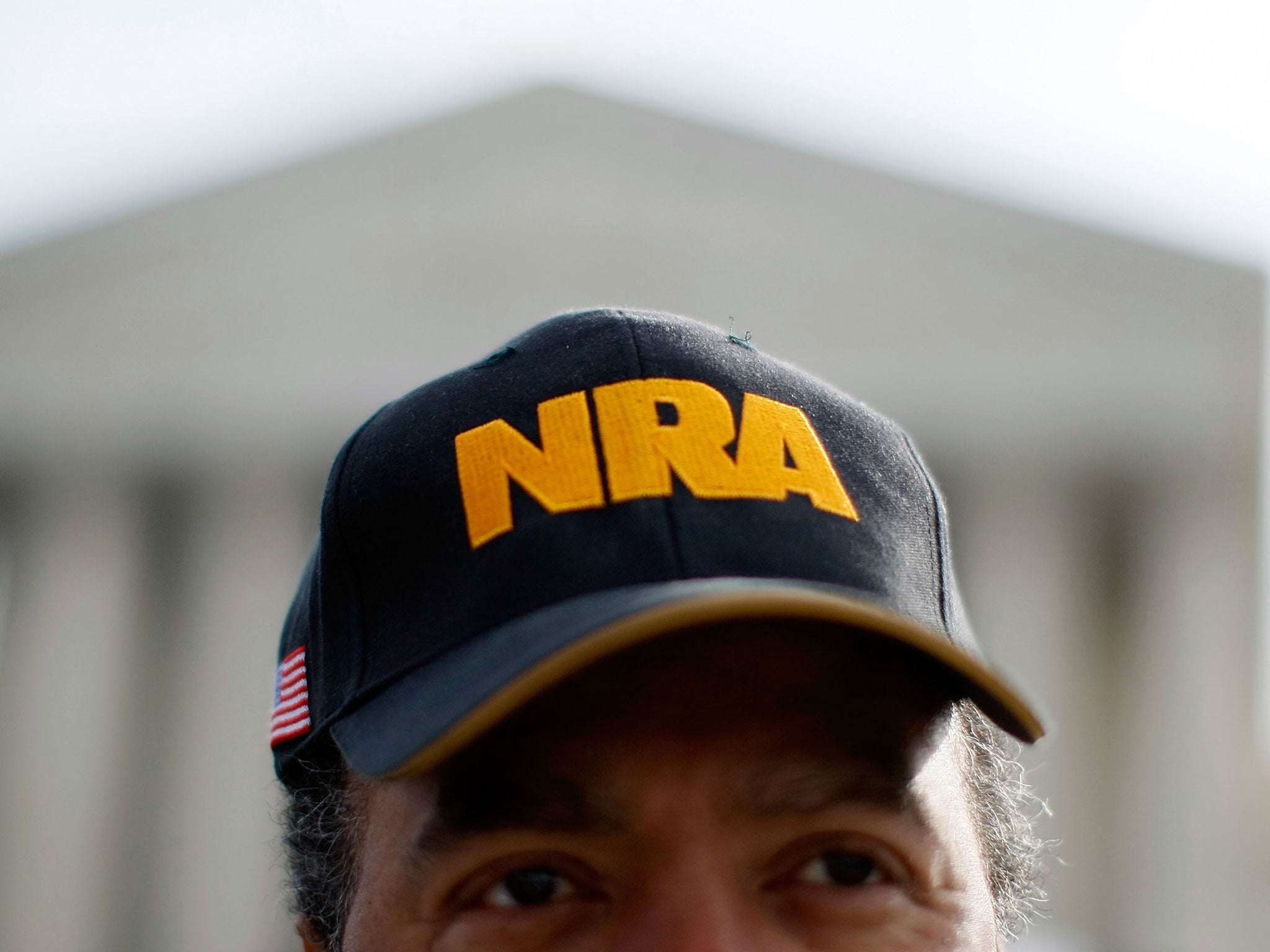
The most prominent voice of the pro-gun lobby is the National Rifle Association (NRA).
Known for its unofficial slogan “guns don’t kill people, people kill people”, the group champions itself as a “major political force”, with almost five million members pouring money into its Political Victory Fund to help elect pro-gun politicians.
It also founded the Institute for Legislative Action in 1975 specifically to lobby representatives to prevent gun control legislation.
According to its website, it has two headquarters, in Virginia and California, and a team of 80 staff including full-time lobbyists working in Washington, state legislatures and local government.
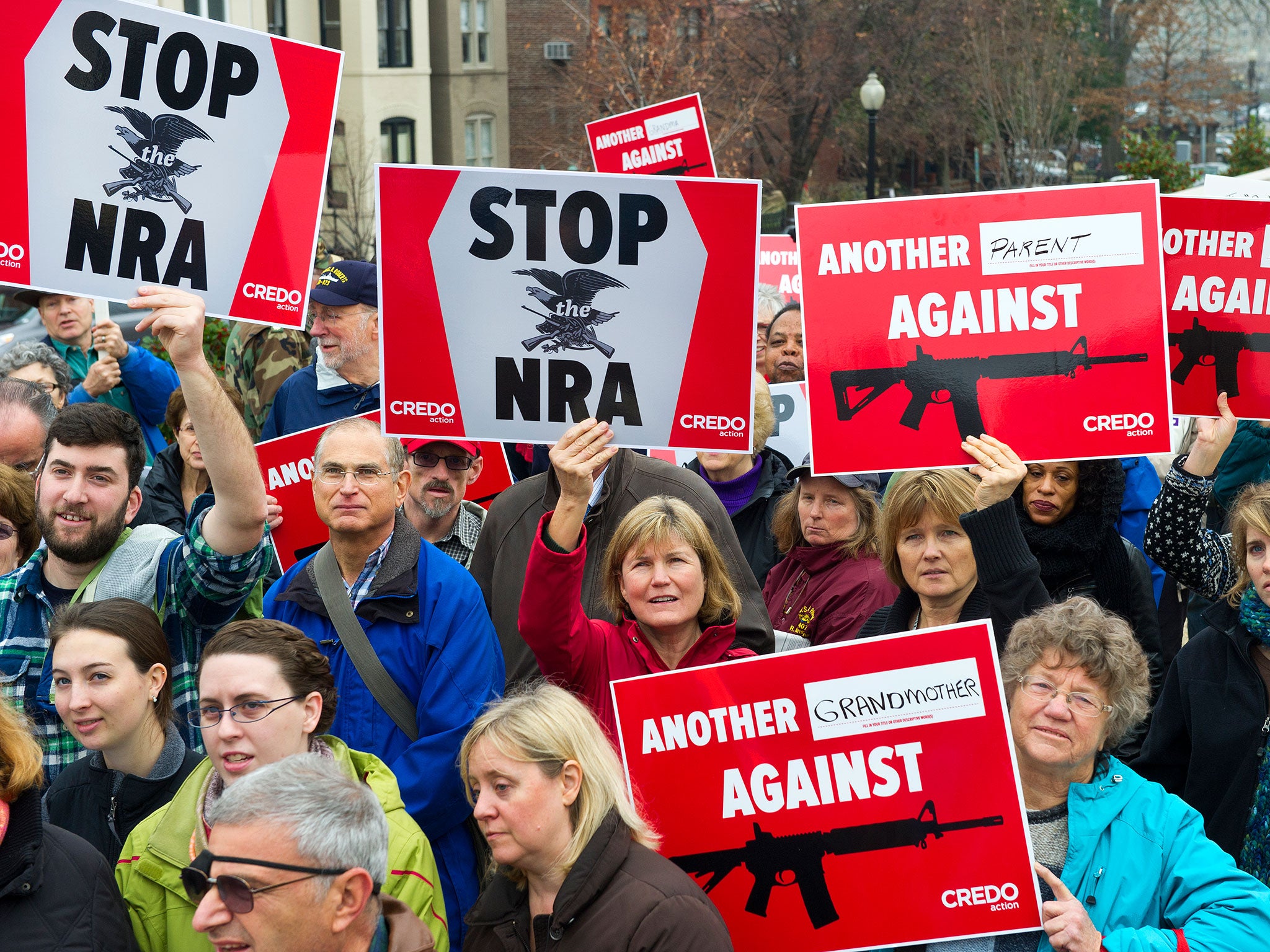
In addition, many members and NRA officials run prominent blogs and social media accounts, furthering its views and heavily criticising politicians and activists advocating changing gun laws.
It couches its arguments heavily on the US Constitution, as well as ideas of freedom and the central assertion that owning guns makes people safer, propagated by its accompanying “education programmes” and Refuse To Be A Victim seminars.
Mr Obama did not mention the NRA by name in his speech but appeared to direct a plea to its members, saying: “Think about whether your views are properly being represented by the organisation that suggests it is speaking for you."
A spokesperson for the NRA declined comment, saying it was the group's policy “not to comment until all the facts are known”.
Political opposition
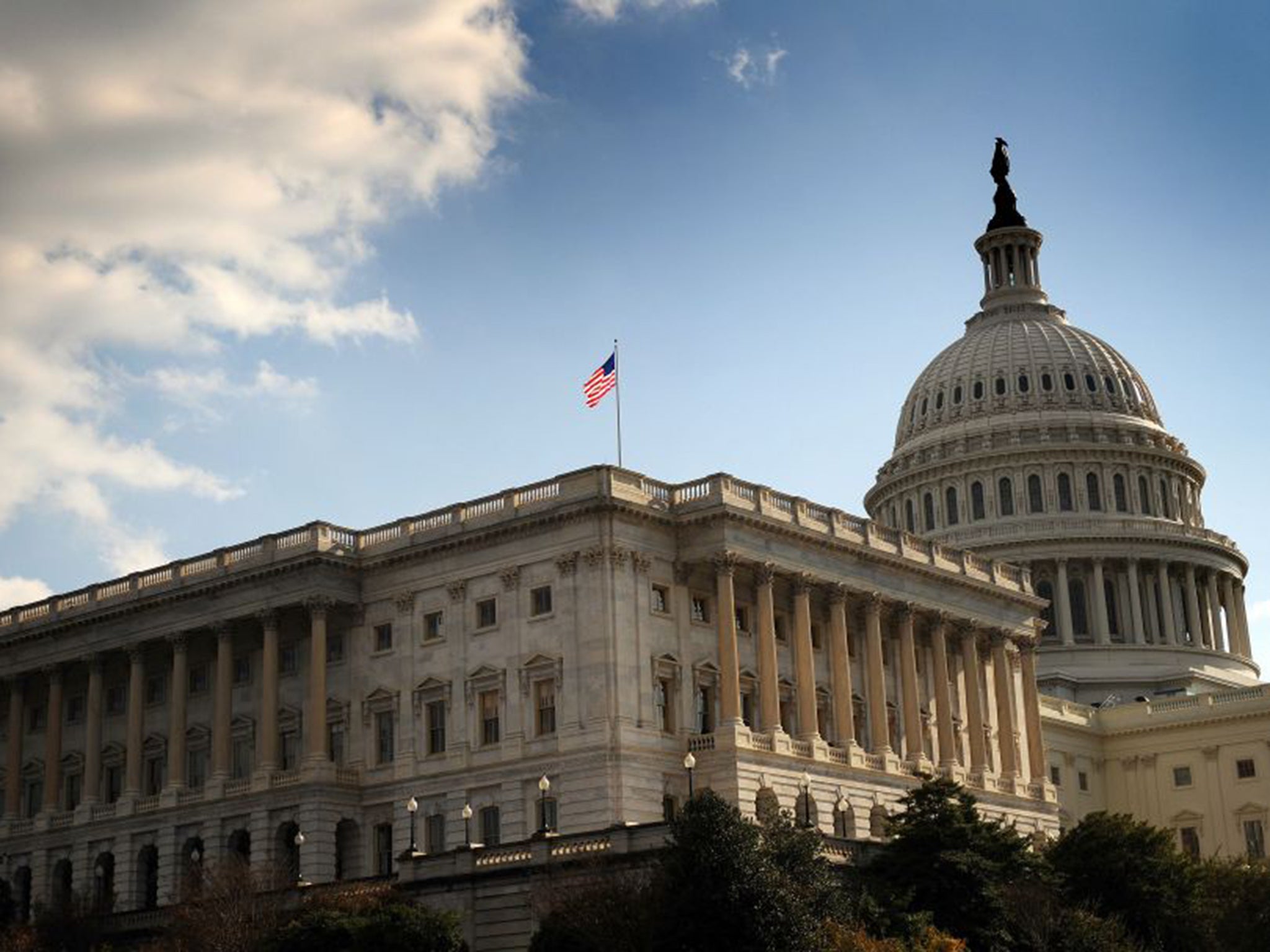
While Hillary Clinton, Joe Biden and other prominent Democrats have supported the President’s repeated calls for change, many Republicans have opposed them.
There have been more than a dozen mass shootings in America since Mr Obama took office but perhaps the most concerted push for reform came after the Sandy Hook Elementary School shooting in 2012, where 20 children and six adults died.
A gun violence task force was created and 12 congressional actions were proposed that would have introduced background checks on firearms purchases, a ban on assault weapons and limits on magazine capacity.
The legislation was introduced in the 113th Congress but was defeated by the Senate.
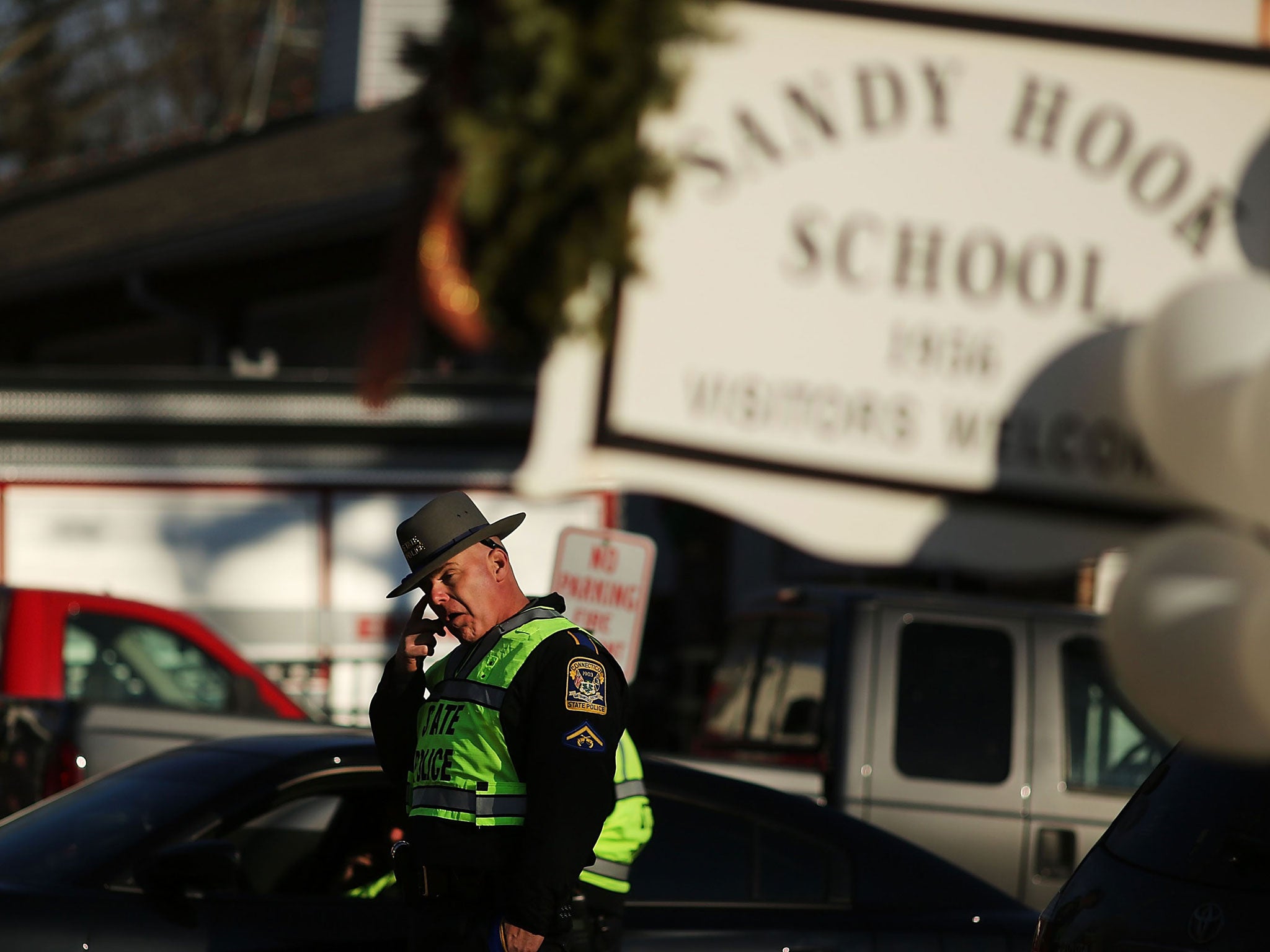
Although some Democrats in conservative states have been known to oppose gun controls, the main drive against them comes from Republicans, who now dominate Congress.
The party’s 2012 platform stated that it “upholds the right of individuals to keep and bear arms (as part of) the law-abiding citizen's God-given right of self-defence”.
It also announced support for federal legislation that would “expand that right” by allowing gun owners with state permits to take their weapons anywhere in the US.
Republican candidate Mike Huckabee, a former governor of Arkansas, accused Mr Obama of exploiting the Oregon massacre to advance an “anti-gun agenda” on Friday.
“For this president to make a political pronouncement is at best premature and at worst ignorantly inflammatory,” he said in a statement.
Mr Obama vowed to continue to pressing for reform until he leaves office in 2017 but the White House has made clear that it was unlikely to attempt another broad push on gun control through the Republican-led Congress.
The Second Amendment
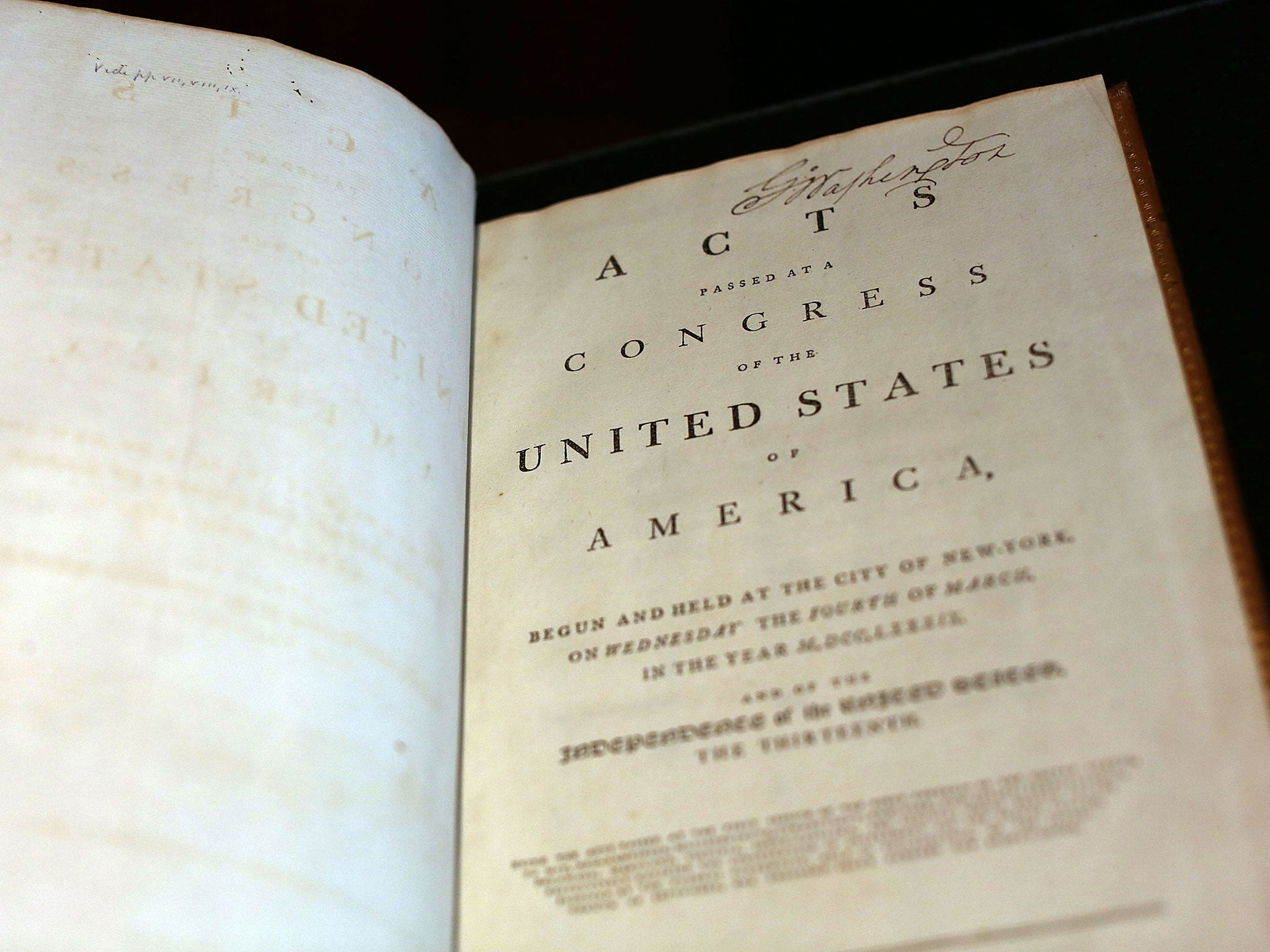
The US Constitution guarantees Americans the right to bear arms, a cherished freedom that has great resonance with many voters.
It reads: “A well regulated Militia, being necessary to the security of a free State, the right of the people to keep and bear Arms, shall not be infringed.”
Dating from 1787, just four years after the end of the War of Independence, anti-firearms campaigners have long pointed out that the clause was written in a time when the US did not have its own army.
During the revolutionary war, each colony relied upon a local militia made up of part-time civilians and self-defence was a common necessity.
Campaigners have argued that there is no need to bear arms in the modern age, especially considering the strength of America’s armed forces, but gun owners and lobbyists claim it must be protected.
Mr Obama has said it does not make sense to argue that the Constitution prevents sensible reforms but gun campaigners hold it up as an inviolable law and Supreme Court justices have used it to rule against controls in individual cases.
But Constitutional amendments have been passed many times in the past, including to widen the vote to women and black citizens.
It is usually changed with the support of a two-thirds vote in both the House of Representatives and the Senate, followed by ratification by three quarters of state legislatures – an unlikely turnout with Republican dominance in the Congress.
Public opinion
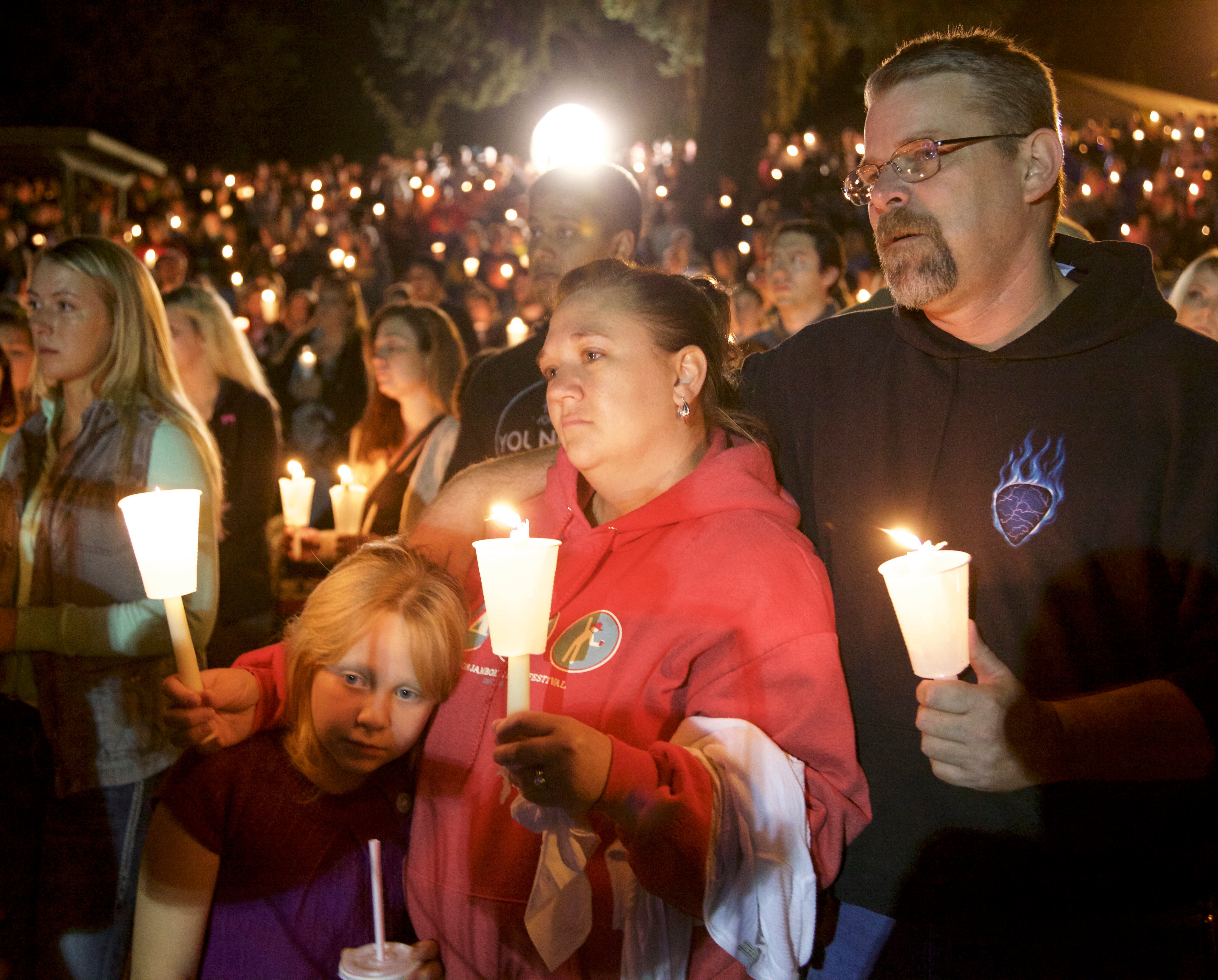
The politicians and lobbyists blocking gun control laws often argue that they are merely reflecting America’s highly divided public opinion.
The Pew Research Center, which has tracked shifting opinions on firearms since the 1990s, has recorded an overall increase in support for gun “rights”, rather than controls, over the past 20 years.
People supporting the right to bear arms are dominantly white men, who are more likely to be politically conservative, Republican and have not graduated from university.
Pew’s latest survey, conducted in July this year, found that opinions had remained largely unchanged since the Sandy Hook massacre.
Almost eight in 10 people surveyed supported laws to prevent people suffering from mental illness buying firearms, while 70 per cent backed the creation of a database on gun sales and almost 60 per cent wanted to see assault weapons banned.
“The public continues to be more evenly divided in fundamental attitudes about whether it is more important to control gun ownership or to protect the right of Americans to own guns,” Pew’s report said.
“Currently, 50 per cent say it is more important to control gun ownership, while 47 per cent say it is more important to protect the right of Americans to own guns.”
Join our commenting forum
Join thought-provoking conversations, follow other Independent readers and see their replies
Comments
Bookmark popover
Removed from bookmarks